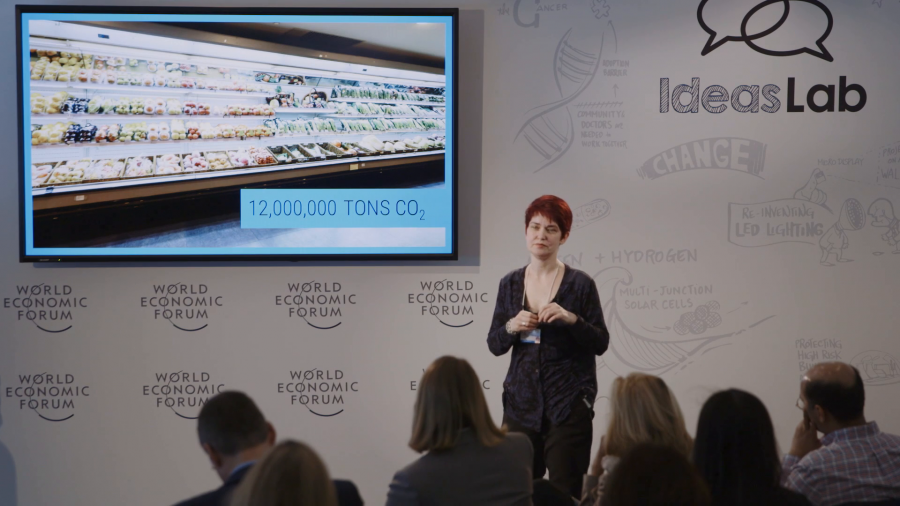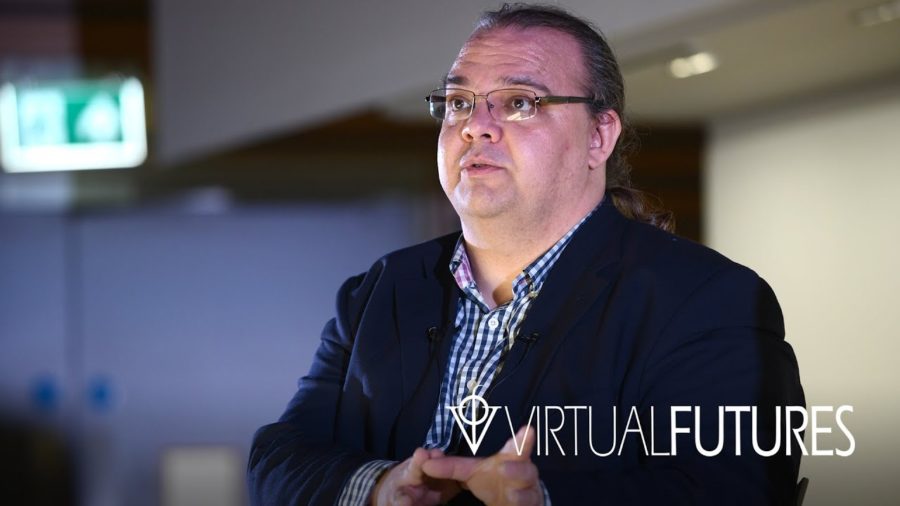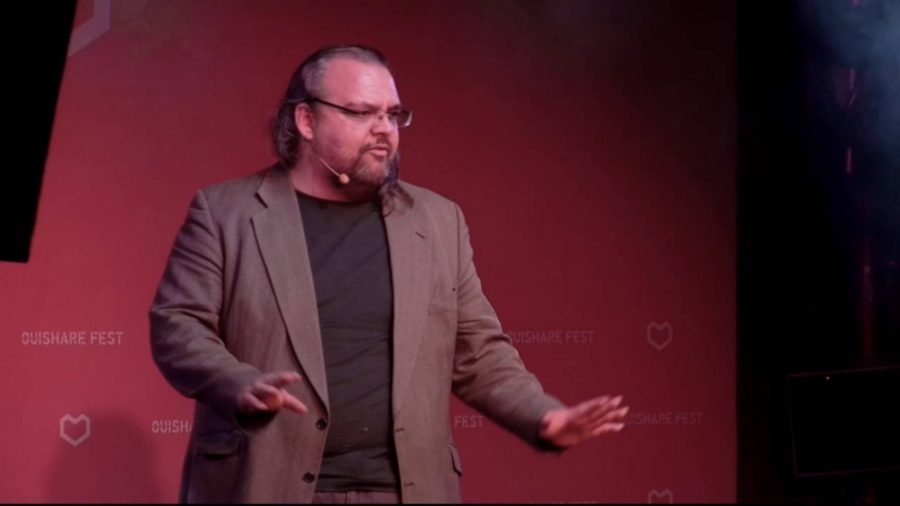Blockchain is in that space where we still have to explain it, because most of the people have gone from not having it around to having it around. But for kind of the folks that are your age or a little younger it’s kind of always been there, at which point it doesn’t really need to be explained. It does however need to be contextualized.
Archive (Page 1 of 2)
I personally think that we need to move beyond this sort of grow or die motivation that exists within the current economy. And I think that the cooperative model is suited to addressing those concerns, especially because the co-op model is geared toward serving member needs and not driven by profit at the end of the day. That is something that bodes well for the model in terms of sustainability.
Today, in America right now, we only can think of growth in quantitative terms. And in a resource-constrained environment, how frickin’ stupid is that? You’re actually imposing your own death sentence by not being able to get over the grip of this quantitative dynamic.

Machines generate waste heat when they do work for us. And this year, seven billion of us will use twenty-five trillion kilowatt hours of electricity. An awful lot of that will end up as waste heat. So, we treat waste heat as a problem. We see it as a challenge to design how we can manage it. We don’t think of it as a resource. If we thought of it as a resource, that would be results we are just throwing away.
I was at a party one time where I was talking to some guy who had been profiled by Adbusters because he was a big climate change guy. And he basically told me…that I needed to be making my own food, I needed to be making my own clothes. So you’re telling me that as a working mother going to school full-time, along with those responsibilities in which I am at home studying most the time, I should be making my daughter’s clothes. I should be whipping up meals from scratch. Um…no.
You’re dealing with timescales that are beyond humans’ interest. I mean, it’s sorta like global warming. The heat that we have now built up, that carbon was burned thirty years ago. It’s going to take a while for the correction process. So, if you have the elements of the phosphorus, the potassium, the manganese, and so on, it can be built back pretty fast. But a shorthand way of putting it is that soil is as much of a non-renewable resource as oil. And, more important than oil. I mean, we’re talking about stuff we’re made of. So that’s why I’ve said that the plowshare has destroyed more options for future generations than the sword.
So long as we’re limited to one planet, ultimately our resources are limited. And therefore every person in the world is competing with every other person in the world for a piece of a finite pie. Okay, and every new person born is a threat, every nation is fundamentally the enemy of every other nation, every race of every other race, and the only question is how do we kill them.
I see a set of constraints facing us in the future, and they’re all going to be very expensive. First is funding retirements for the Baby Boom generation. Second is continuing increases in the costs of healthcare. The third is replacing decaying infrastructure. The fourth is adapting to climate change and repairing environmental damage. The fifth is developing new sources of energy. The sixth is what I see as in all likelihood continuing high military costs. The seventh is the costs of innovation.
I enjoy clean air and clean water as much as the most rabid environmental person. I just think we can have the products of society, as well as having these things. Progress is a good thing. I’m just simply a realist. And I’m just trying to enjoy life, enjoy family, enjoy friends, and contribute to society as best I can. And I think providing energy, I think providing the metals that society consumes, that people have in their their iPads, in their iPods, in their iPhones… I think that’s an honorable thing to do. What else would you do? You know, why fight that?


